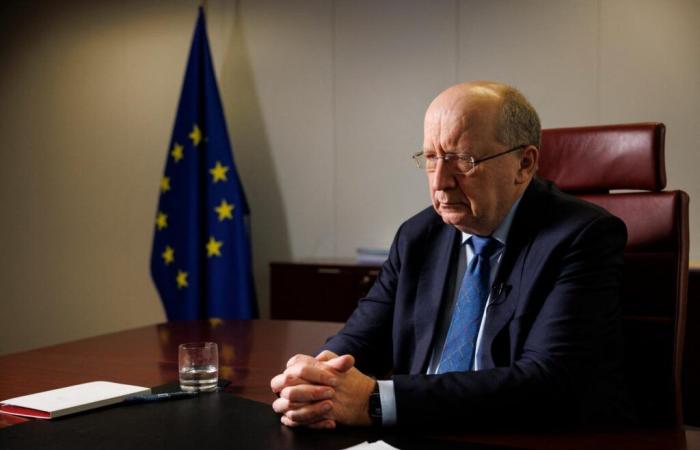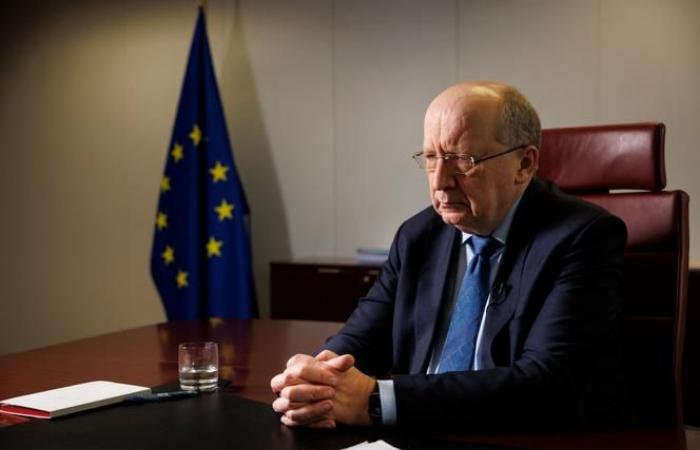After two years of tough and long negotiations, Europe is launching industrial work to equip itself with its first sovereign communications constellation, known as “Iris2 » (for Resilience and Secure Satellite Interconnection Infrastructure). Promoted by Thierry Breton, then European Commissioner responsible for space, and approved at the end of 2022, Iris2 should see the light of day by 2030 and join the geolocation (Galileo) and earth observation (Copernicus) constellations already managed by Brussels.
Read also | Article reserved for our subscribers Faced with Elon Musk's Starlink, Europe will have its Iris² constellation
Read later
The European Union (EU) and the European Space Agency (ESA) signed, Monday, December 16, in Brussels, a twelve-year concession agreement for the establishment of this project with the SpaceRISE consortium, led by three operators of European satellites, the Luxembourgish SES, the French Eutelsat and the Spanish Hispasat. This grouping will also include satellite manufacturers Airbus, Thales Alenia Space and OHB.
The Commission initially initiated negotiations with the latter, but encountered their refusal to take too many financial risks. It is therefore the operators who will bear the risk, by investing some 4.1 billion euros in a public-private project now budgeted at nearly 10.6 billion euros, compared to 6 billion euros at its launch.
You have 70.62% of this article left to read. The rest is reserved for subscribers.







